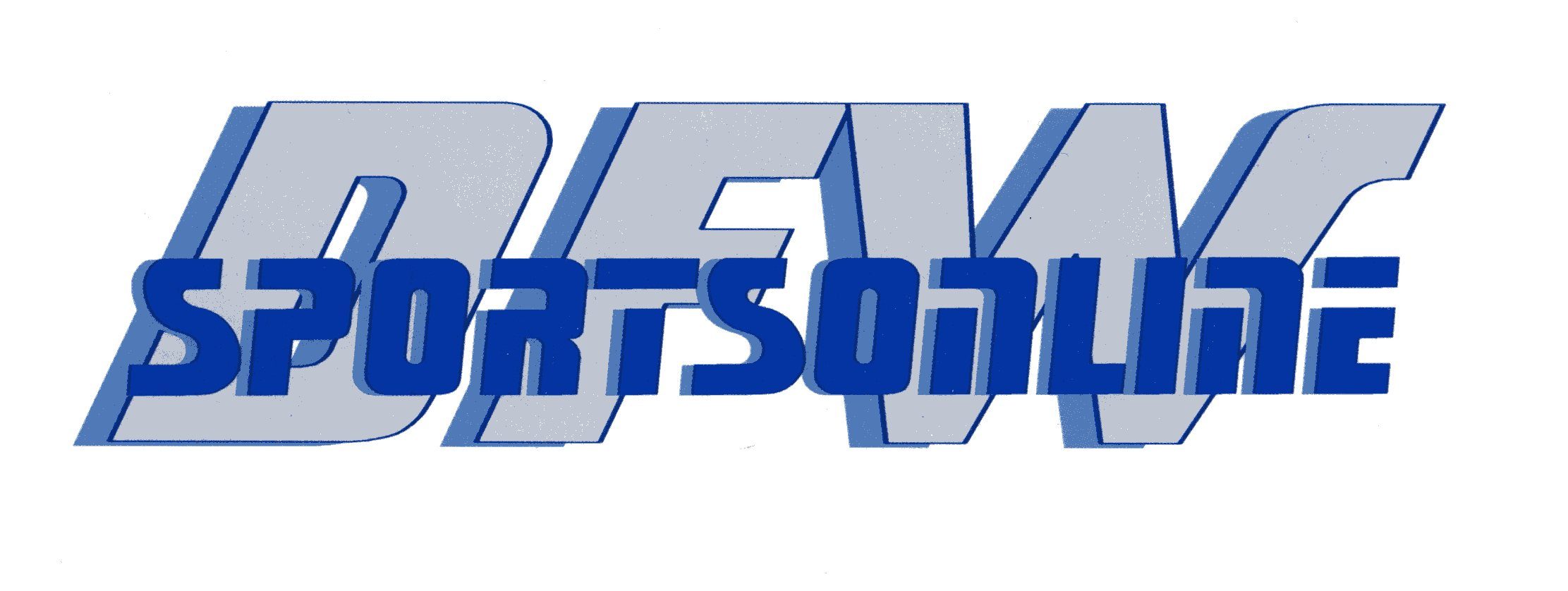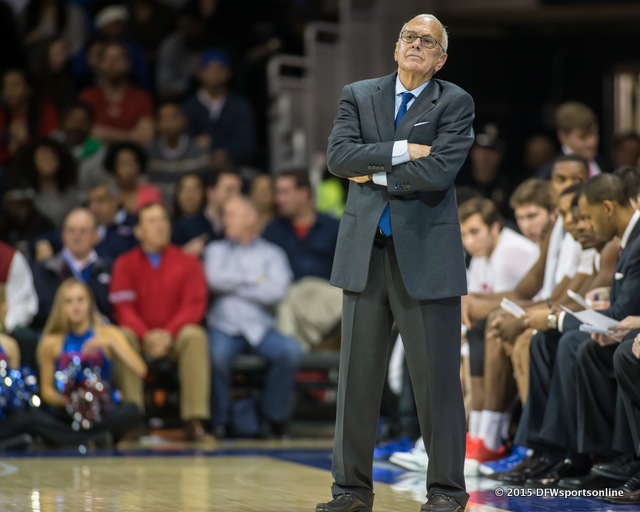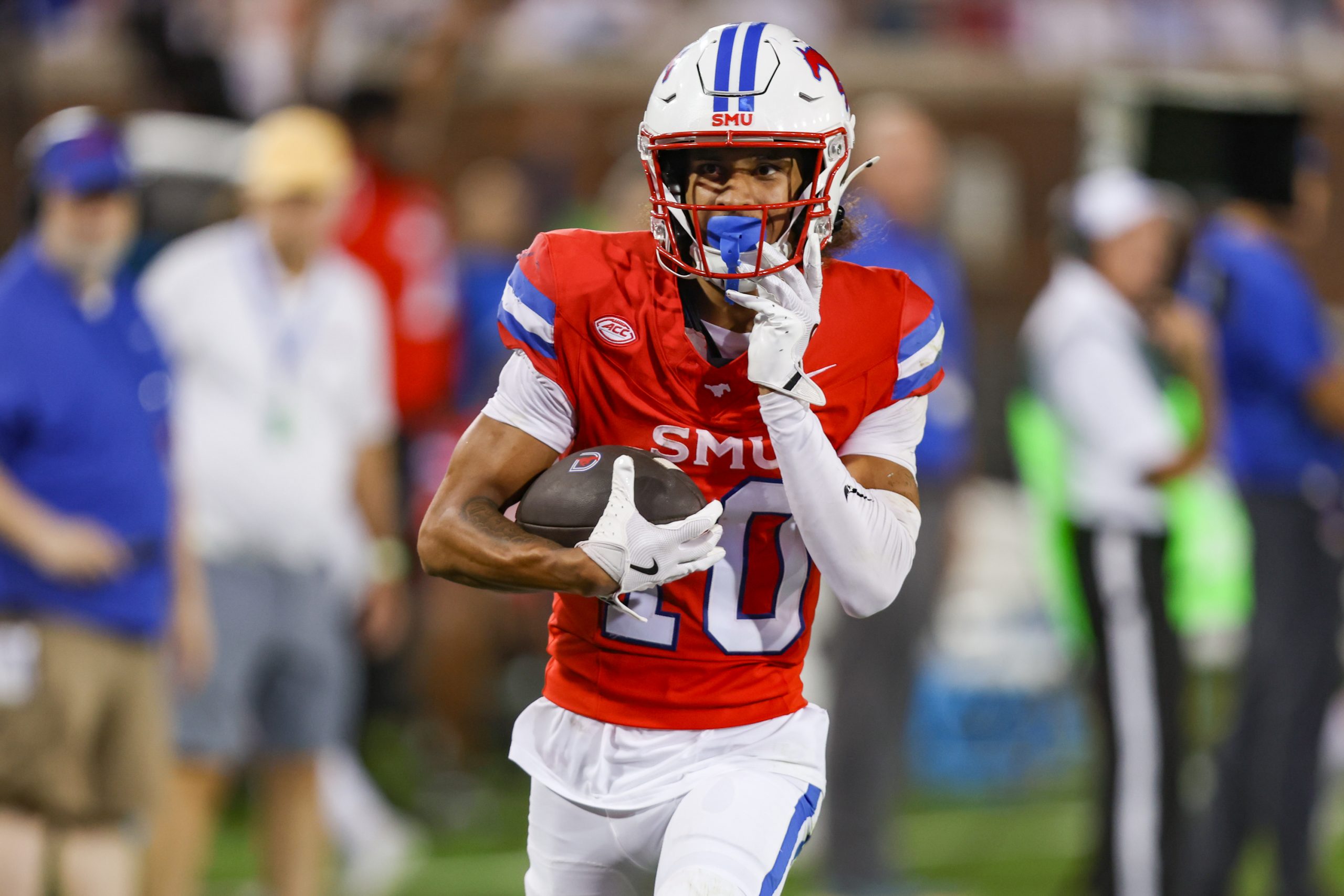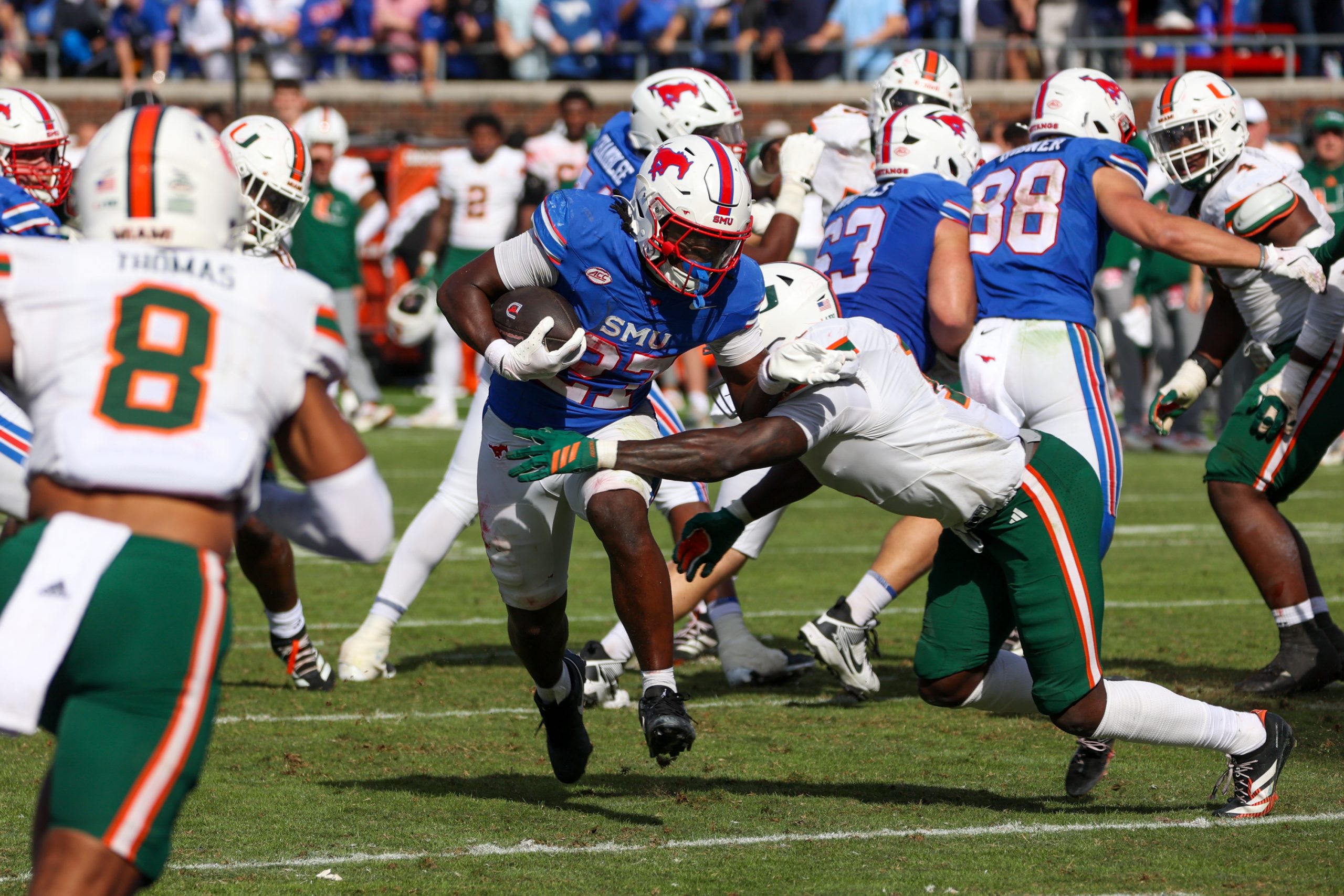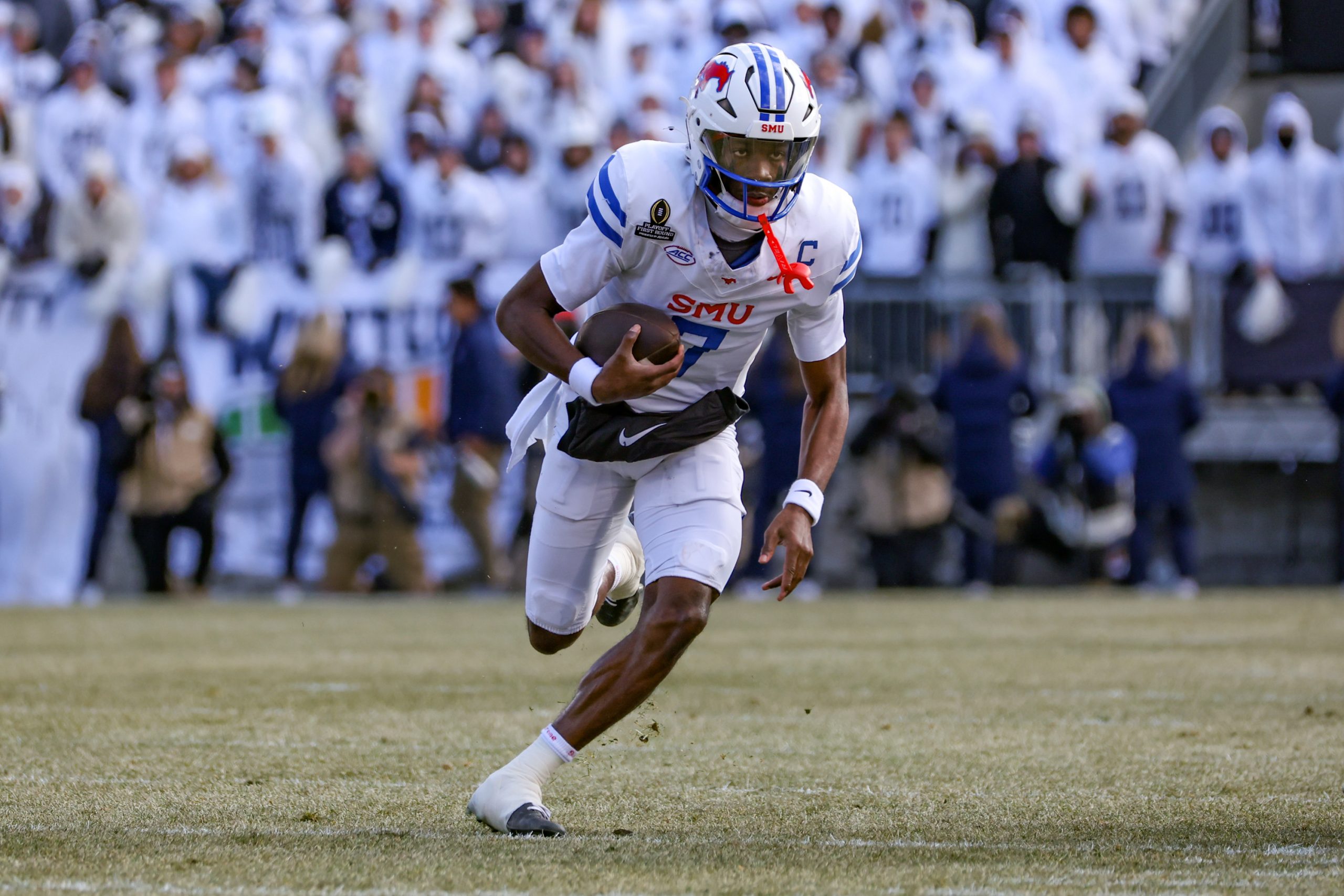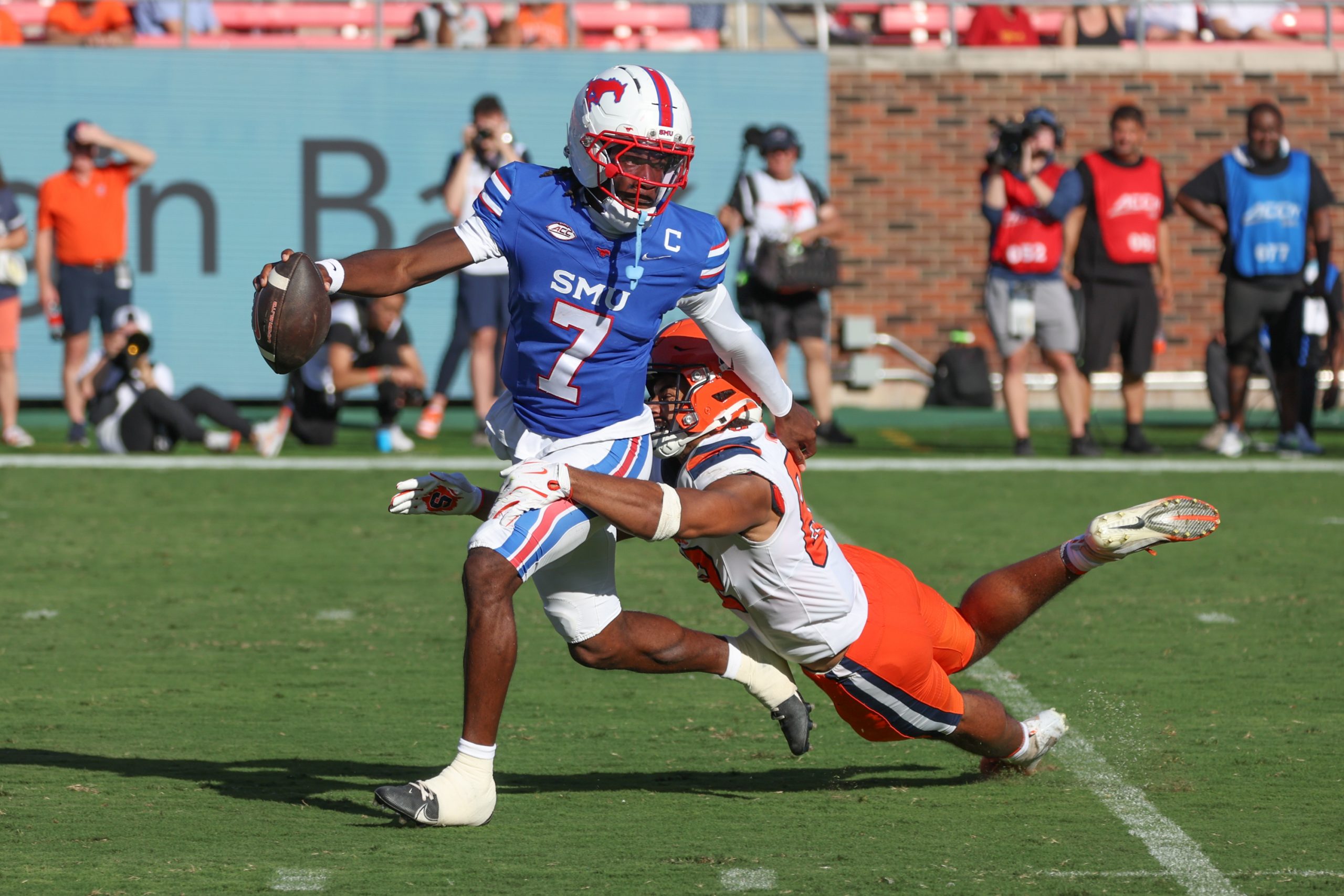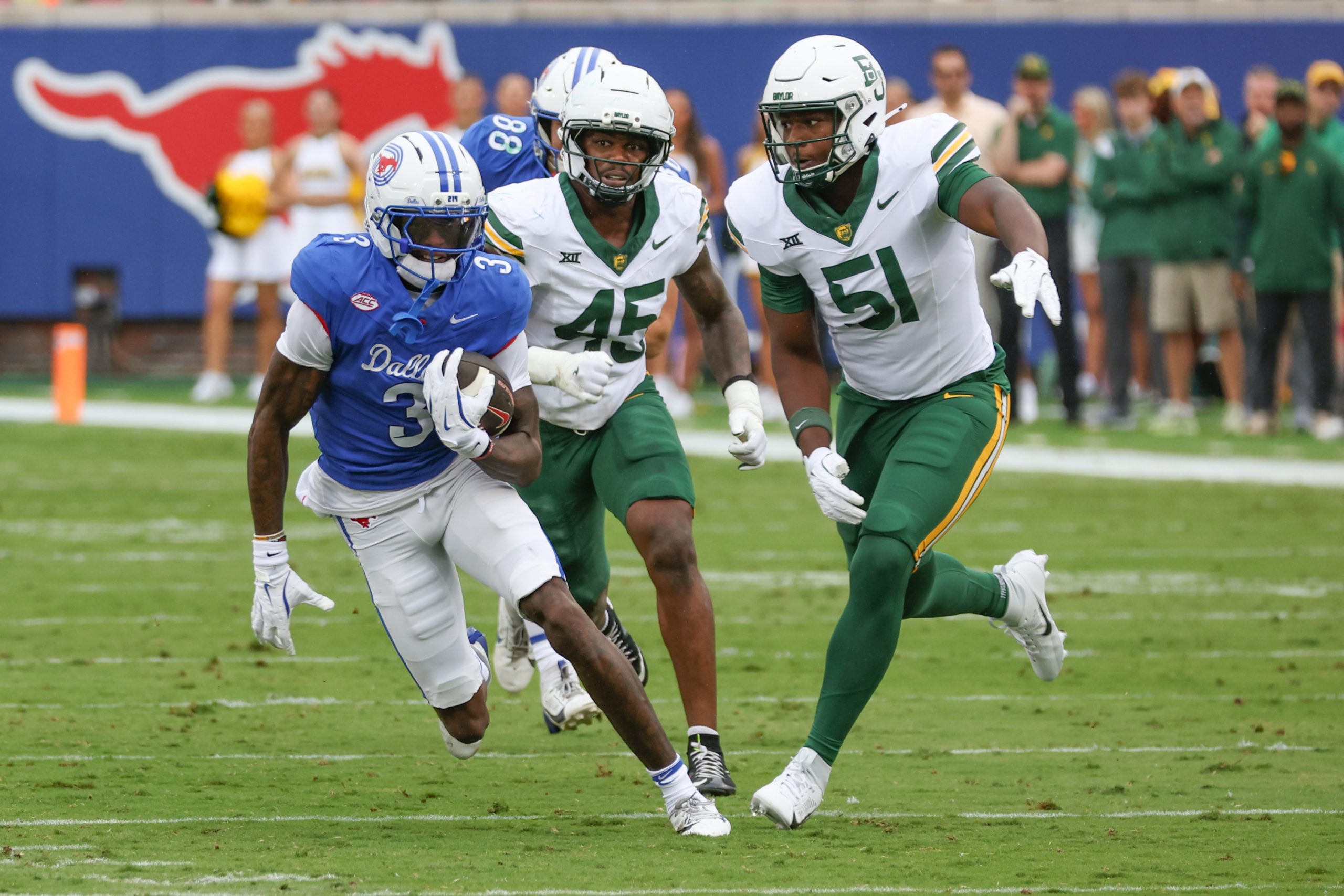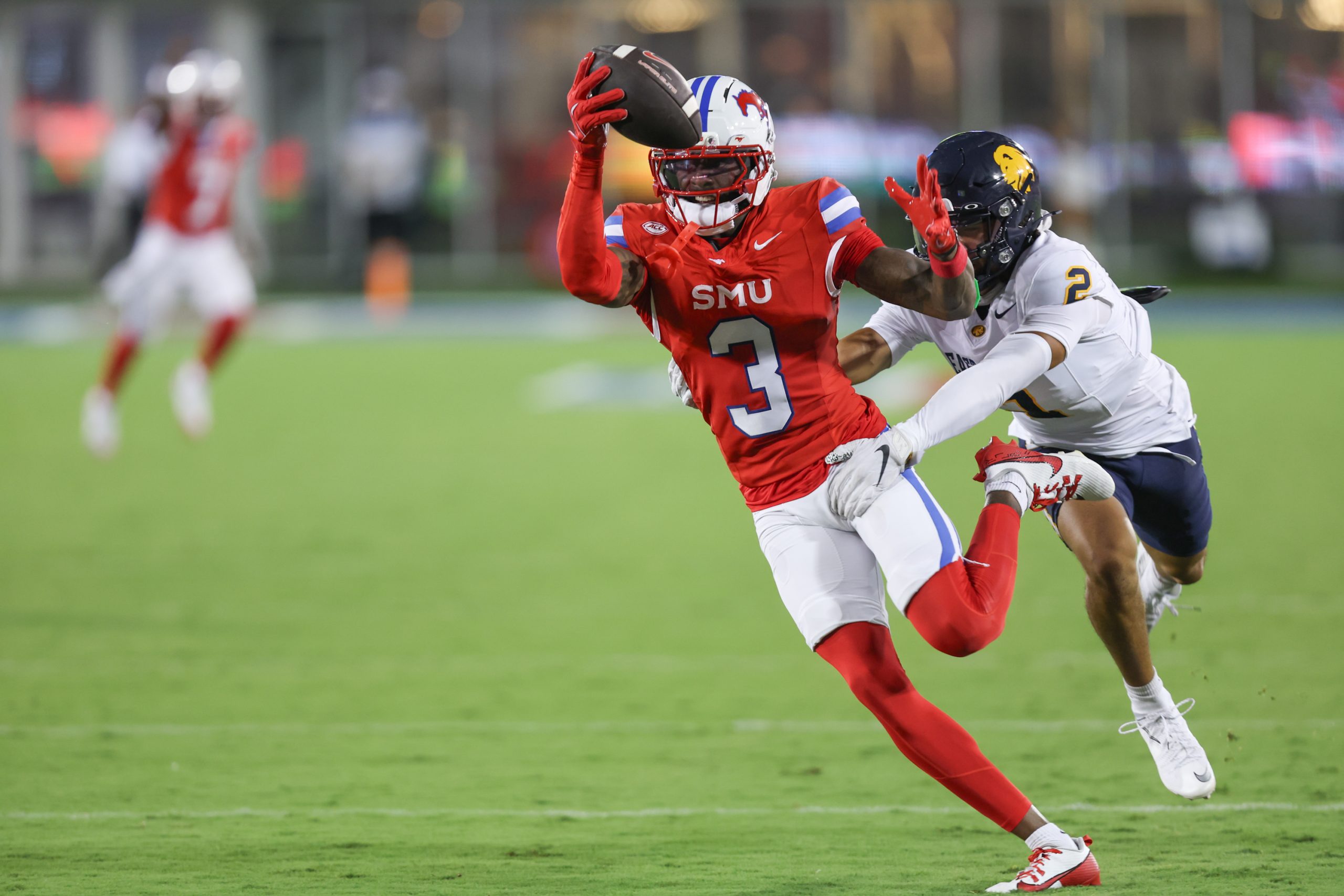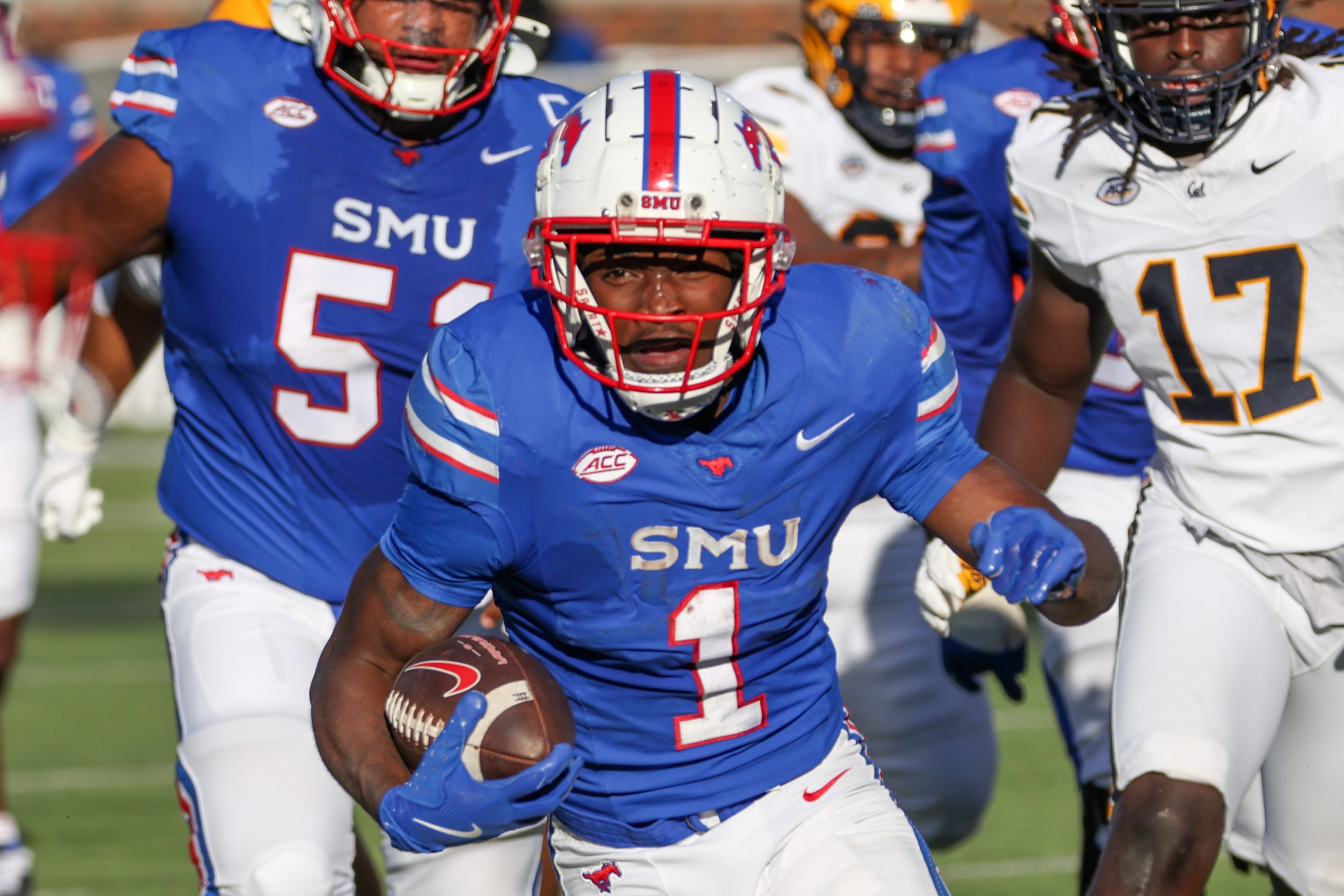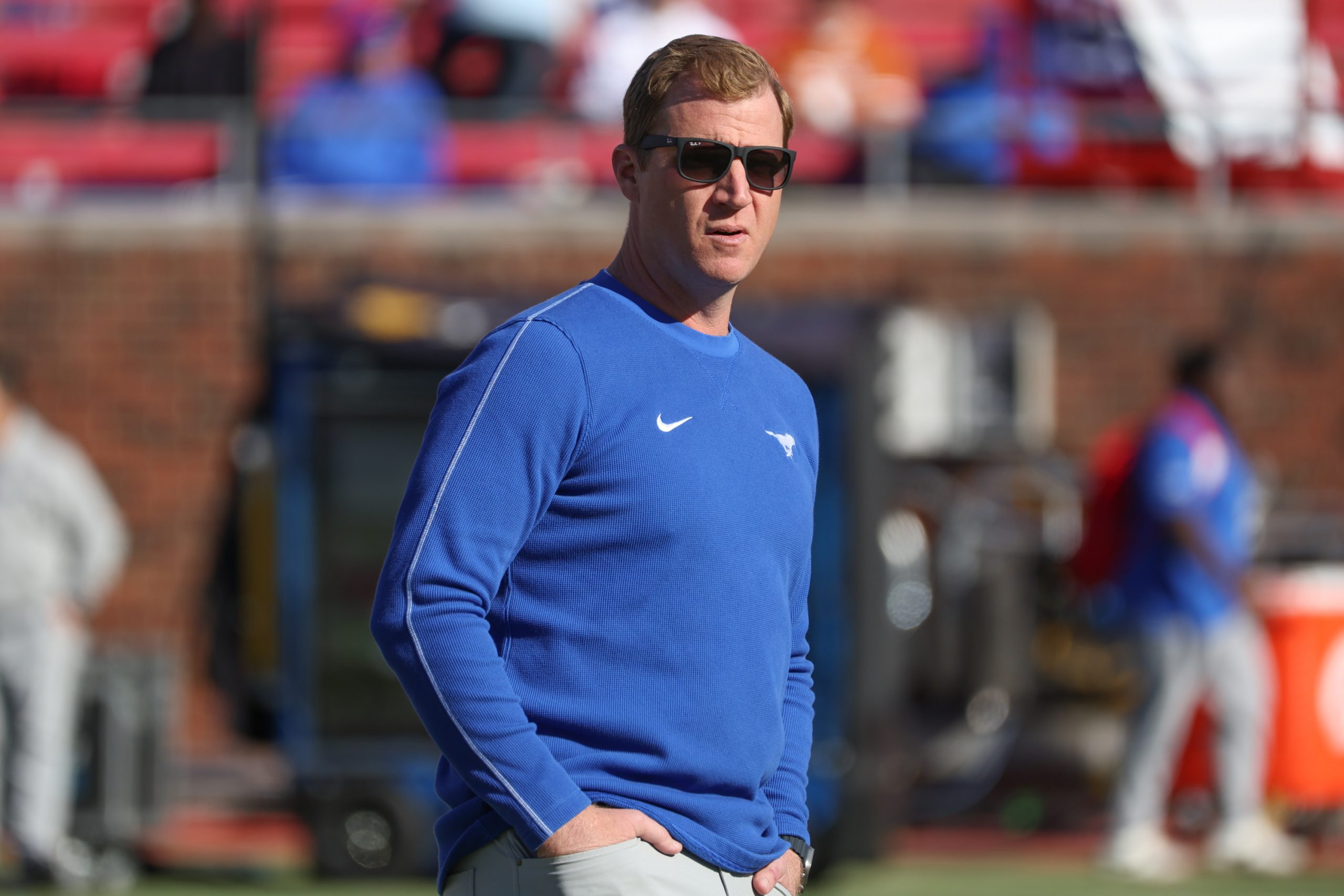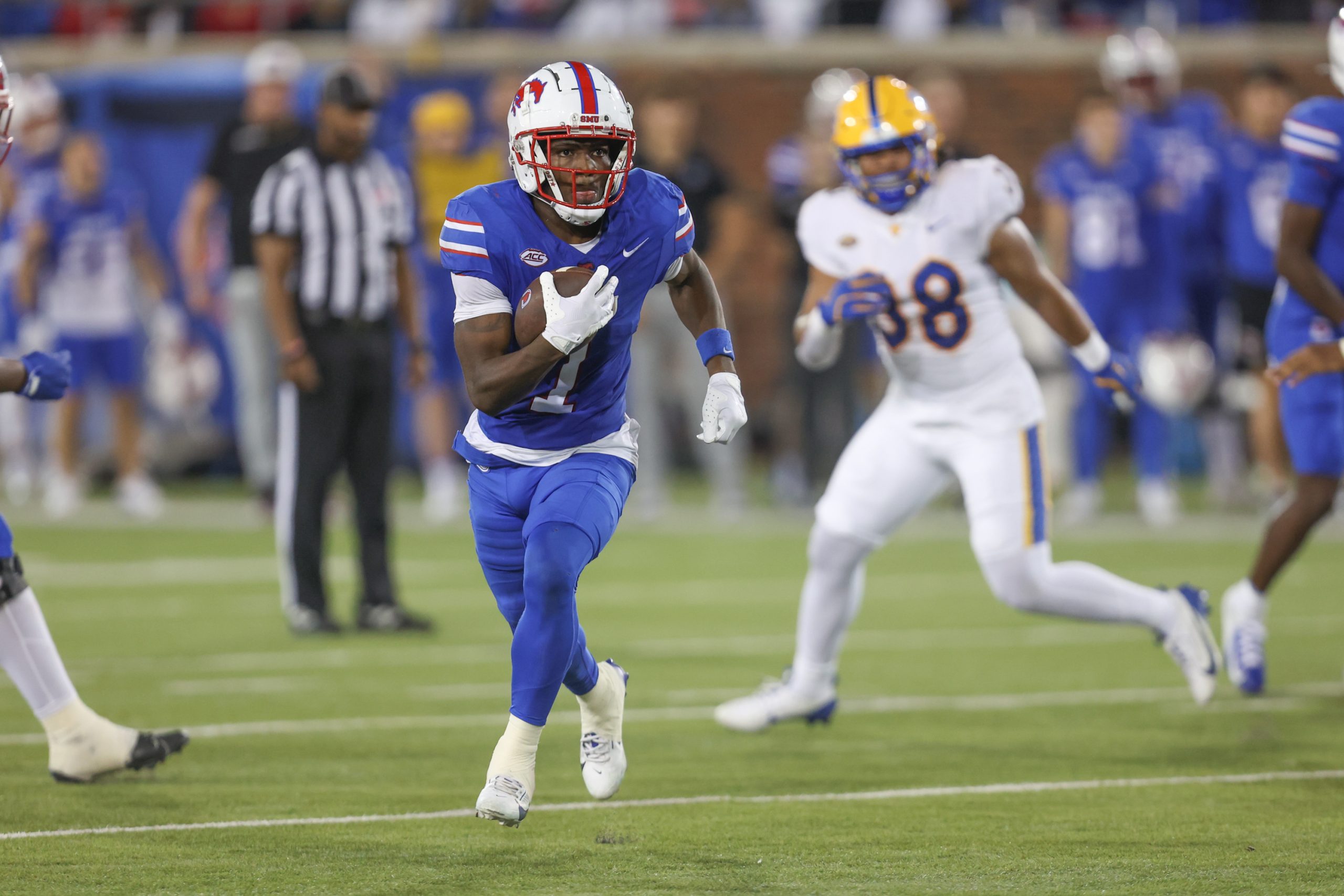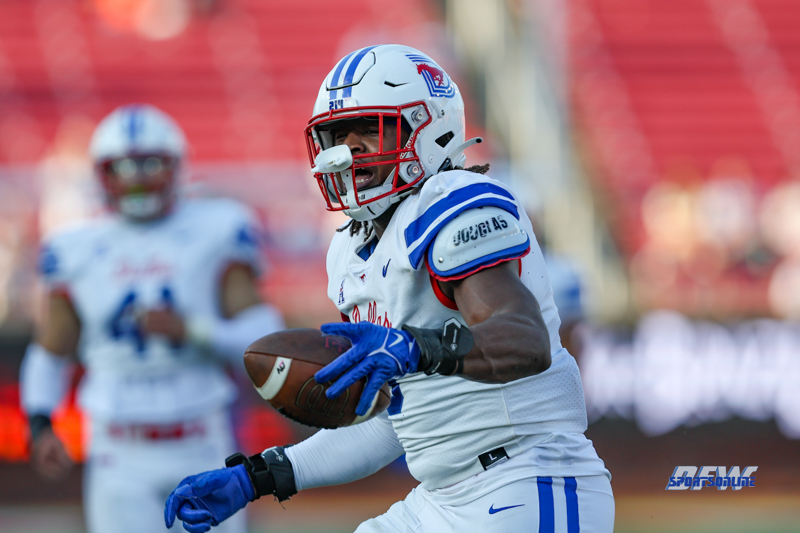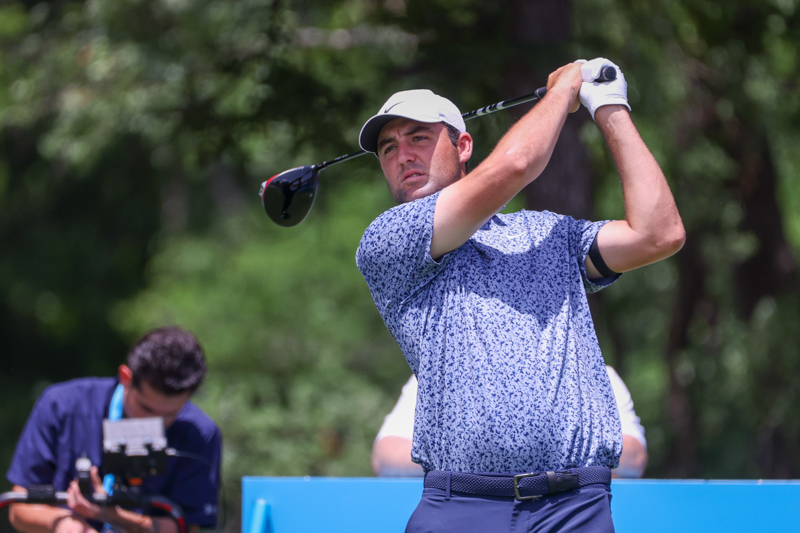Southern Methodist University committed multiple violations, including academic fraud, unethical conduct and head coach control in the men’s basketball program and recruiting and unethical conduct in the men’s golf program, according to a decision issued by a Division I Committee on Infractions panel.
As a result, the former head men’s golf coach, the former compliance director and a former men’s basketball administrative assistant violated NCAA’s unethical conduct rules.
Additionally, the head men’s basketball coach failed to promote an atmosphere of compliance when he did not report violations and was not initially truthful during an interview with NCAA enforcement staff.
Penalties in this case include three years of probation; a postseason ban for the men’s basketball and golf teams; scholarship reductions; recruiting restrictions; a vacation of certain men’s basketball wins; the disassociation of a booster; and a suspension of 30 percent of the men’s basketball season for the head coach.
The men’s basketball head coach, former men’s basketball administrative assistant, former head men’s golf coach and former compliance director each received show-cause orders as well. During a show-cause period, if the individuals work for a member school, their athletic duties may be restricted.
The case started in 2013 when the former compliance director admitted to
falsifying sign-in sheets for two rules education sessions required by the terms of a 2011 infractions decision. The education sessions actually happened, but the former compliance director did not document them. Because he knowingly submitted the falsified sign-in sheets, the former compliance director violated NCAA ethical conduct rules. He also chose not to participate in the infractions process.
Men’s basketball violations
A former assistant men’s basketball coach encouraged a student-athlete to enroll in an online course to meet NCAA initial eligibility standards and be admitted to the university. After he enrolled in the course, a former men’s basketball administrative assistant obtained the student’s username and password then completed all of his coursework. The student-athlete received fraudulent credit for the course and, as a result, competed while ineligible during his freshman season. When speaking with NCAA enforcement staff, the student-athlete admitted that the former administrative assistant asked him to provide false information during the interview. In its decision, the panel noted it is very troubled that academic advising was administered by athletics staff.
The former administrative assistant violated NCAA’s ethical conduct rules when she provided false information during her interviews and attempted to influence a student-athlete to provide false information during his interview. The administrative assistant initially cooperated with the investigation, but later ended the second interview early, refused to provide documentation and denied additional interview requests.
While the university noted the head basketball coach received rules education, the panel noted it did not see a record of steps the he took to establish and ensure a culture of compliance within his program. Although the head basketball coach did not have direct knowledge or involvement in the misconduct, he did not follow up on the completion of coursework. Upon learning of the misconduct in 2014, the head basketball coach did not report it to the compliance staff, conference office or enforcement staff for more than a month. When asked by the NCAA enforcement staff about the potential violations, the head basketball coach initially denied having any information about the conversations with the former administrative assistant and student-athlete.
The head basketball coach failed to promote an atmosphere of compliance within his program. He failed to report the violations when the former administrative assistant committed academic fraud on behalf of the student-athlete and he initially lied to enforcement staff about his knowledge of the potential violations.
Men’s golf violations
The former golf coach committed several recruiting violations. He had 64 impermissible contacts with 10 prospects and seven parents of prospects over the course of 10 months. The majority of the contacts occurred a year or more before NCAA rules allow contact with prospects. Although former golf coach said he received rules education, he said recruiting contacts were intentional. He also offered university merchandise and golf equipment to prospects at a significantly reduced price in 2013 and did not consult with the compliance staff to see if his actions were consistent with NCAA rules.
Over a four-month period, a booster contacted nine golf prospects and facilitated contact between the former golf coach and the prospects and their families. He also encouraged the prospects to arrange unofficial visits to the university. During his interview with NCAA enforcement staff, the former golf coach said he was unaware of the booster’s activity with the program. However, the panel determined the former golf coach was aware of the booster’s contact with the prospects because he was copied on emails and was given updates on the prospects by the booster. The former golf coach violated NCAA ethical conduct rules when he denied knowledge of the booster activity.
Penalties and corrective measures
Penalties and corrective actions imposed by the panel include:
A three-year probation period from Sept. 29, 2015, through Sept. 28, 2018.
A $5,000 fine plus one percent of the total budget for the men’s basketball and golf programs.
A 2015-16 postseason ban for the men’s basketball and golf programs.
A vacation of wins in which the men’s basketball student-athlete participated while ineligible during the 2013-14 season. The university will identify the games impacted following the release of the public report.
A permanent disassociation of the booster from the university’s athletics program based on his involvement with the violations in the men’s golf program.
A three-year prohibition of apparel and merchandise sales by the coaching staff to men’s golf prospects.
A suspension of 30 percent of the 2015-16 season for the head men’s basketball coach.
Show-cause orders:
A two-year show-cause order for the head men’s basketball coach from Sept. 29, 2015, through Sept. 28, 2017. The coach must attend an NCAA Regional Rules seminar during each year of the show-cause period.
A five-year show-cause order for the former head men’s golf coach from Sept. 29, 2015, through Sept. 28, 2019. The former head men’s golf coach received one-year of credit towards his show-cause period for the time since he left the university. If the former coach seeks employment at an NCAA member school, both the school and coach must appear before the COI to detail why his athletic duties should not be restricted.
A five-year show-cause order for the former men’s basketball administrative assistant from Sept. 29, 2015, through Sept. 28, 2020. If the former assistant seeks employment at an NCAA member school, both the school and assistant must appear before the COI to detail why her athletic duties should not be restricted.
A two-year show-cause order for the former compliance director from Sept. 29, 2015, through Sept. 28, 2017. If the former compliance director seeks employment at an NCAA member school, both the school and former director must appear before the COI to detail why his athletic duties should not be restricted.
Scholarship reductions:
A three-year reduction of men’s golf scholarships from the average number awarded over the previous four years by 25 percent from 2016-17 through 2018-19.
A three-year reduction of men’s basketball scholarships by nine from 2016-17 through 2018-19. The university will be given credit for its self-imposed two-scholarship reduction for 2015-16.
Recruiting restrictions:
A prohibition from hosting unofficial visits for a 13-week period during the summer of 2016 for the men’s basketball and golf programs.
A reduction of recruiting communications with prospects by 12.5 percent in the men’s basketball and golf programs during 2015-16 and a prohibition from communicating with prospects for a seven-week period in the spring of 2016.
A reduction of 20 off-campus recruiting days in men’s basketball (self-imposed by the university).
A reduction of off-campus recruiting days in men’s golf by 12.5 percent (self-imposed by the university).
Members of the Committee on Infractions are drawn from NCAA membership and members of the public. The members of the panel who reviewed this case are Michael F. Adams, chief hearing officer and chancellor, Pepperdine University; Greg Christopher, athletics director at Xavier University; Jack Ford, legal analyst for CBS News; Thomas Hill, senior vice president for student affairs at Iowa State University; James O’Fallon, law professor and faculty athletics representative at the University of Oregon; and Sankar Suryanarayan, university counsel, Princeton University.
